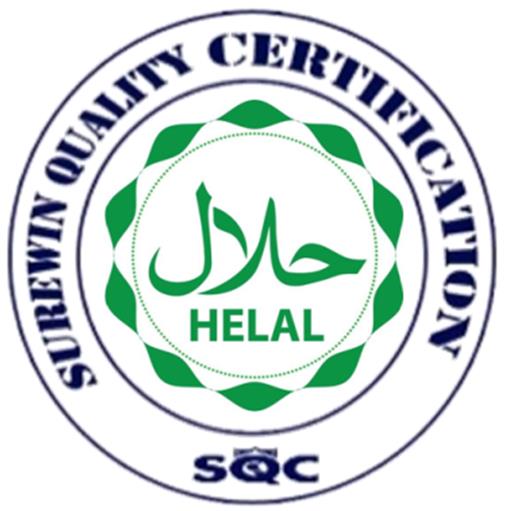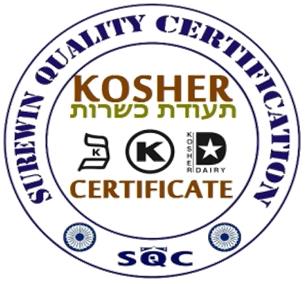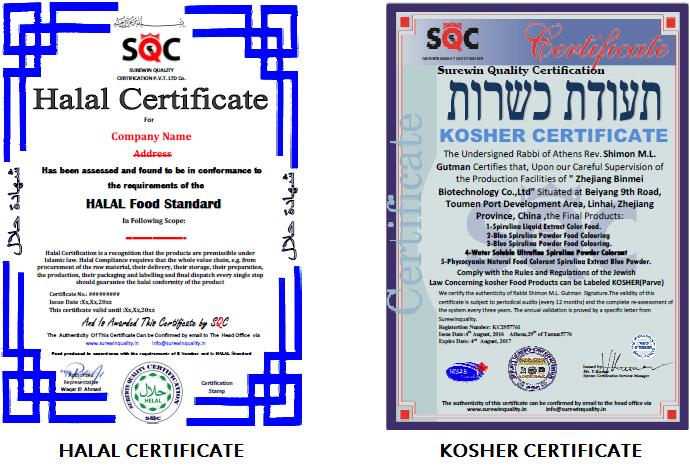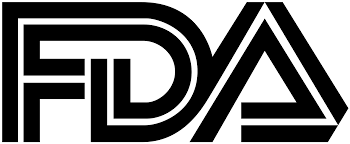What is the FDA:?
Food and Drug Administration (FDA) is an agency within the U.S. Department of Health and Human Services.
What does FDA do?
Protecting the public health by assuring that foods (except for meat from livestock, poultry and some egg products which are regulated by the U.S. Department of Agriculture) are safe, wholesome, sanitary and properly labeled; ensuring that human and veterinary drugs, and vaccines and other biological products and medical devices intended for human use are safe and effective.
Registrar SQC's FDA Voluntary Cosmetic Registration Program service will:
Assist in registering your cosmetic establishment with FDA.
Issue Certificates documenting your registration to your customers and suppliers that your establishment and product ingredients have been voluntarily registered with FDA.
FDA Voluntary Cosmetic Registration Program
Registrar SQC's FDA Voluntary Cosmetic Registration Program service will:
Submit your Cosmetic Product Ingredient Statement (CPIS) filings to FDA.
Issue Certificates documenting your registration to your customers and suppliers that your establishment and product ingredients have been voluntarily registered with FDA.
FDA's Voluntary Cosmetic Registration Program (VCRP) is a reporting system for use by manufacturers, packers, and distributors of cosmetic products that are in commercial distribution in the United States.
Some Important Things to Know
The VCRP is a voluntary registration system for cosmetic products as defined by the Federal Food, Drug, and Cosmetic Act (FD&C Act), section 201(i); 21 USC 321(i). Drugs are subject to different FDA registration and marketing requirements (FD&C Act, sec. 510; 21 CFR 207). Depending on the claims made, some cosmetic products may also be drugs. If a cosmetic product is also a drug, it must comply with the requirements for both cosmetics and drugs.







